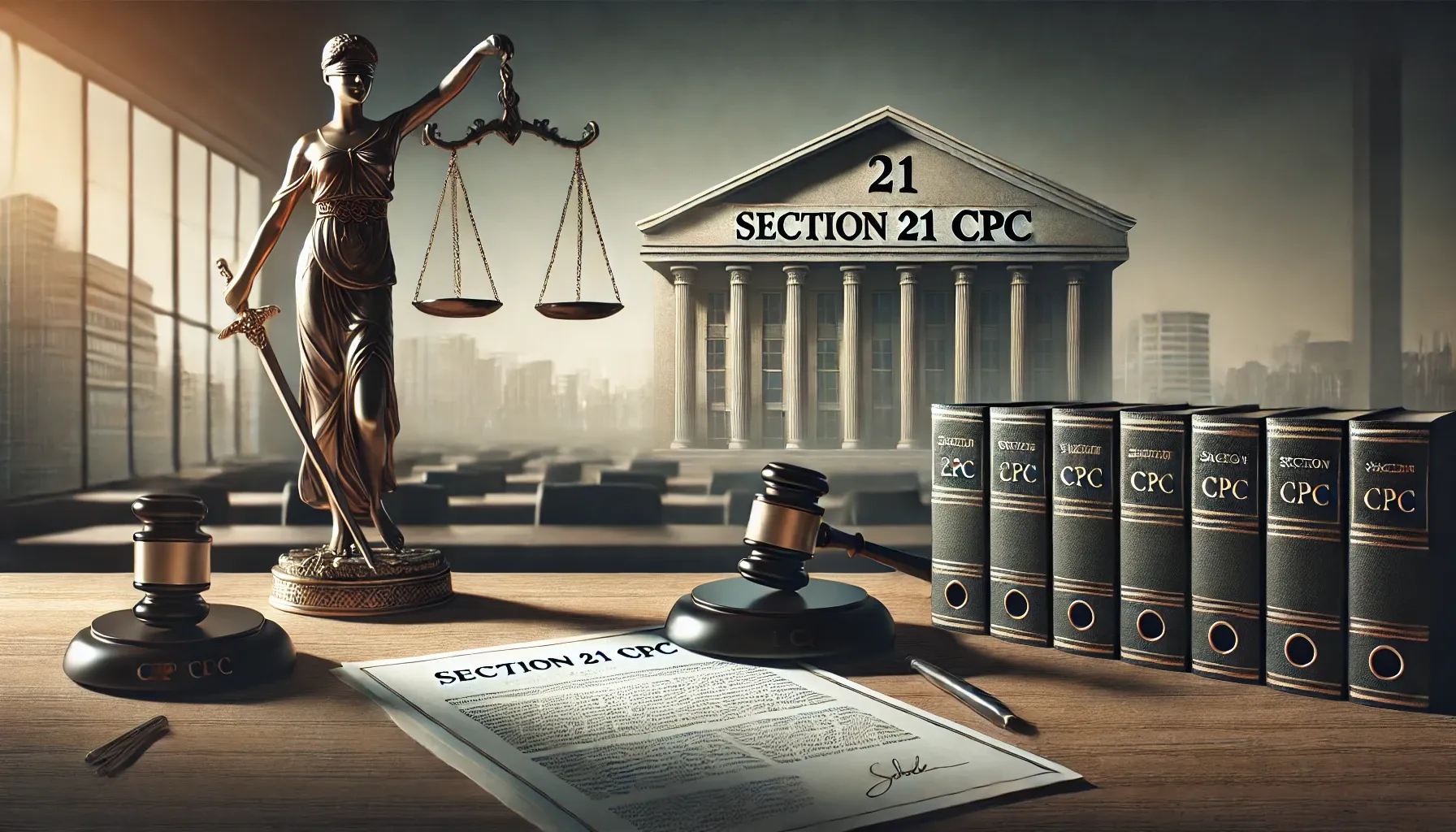The Supreme Court emphasized that objections to the place of suing under Section 21 CPC must be raised promptly. It criticized the Calcutta High Court for misusing Article 227 to set aside the NCLT’s order in an insolvency case involving PNB and upheld the need for procedural diligence.

On January 7, 2025, the Supreme Court reiterated that objections to the place of suing under Section 21 of the Code of Civil Procedure, 1908 (CPC) must be raised promptly in the court of first instance. The Court held that such objections would not be entertained at later stages unless significant injustice is caused. The ruling came while setting aside a Calcutta High Court order related to jurisdiction under the Insolvency and Bankruptcy Code, 2016 (IBC).
Key Observations by the Supreme Court
Promptness in Raising Jurisdictional Objections
- The Court emphasized:
- “The principle enjoins that objections regarding the place of suing shall not be allowed unless such objection is taken in the Court/tribunal of first instance at the earliest possible opportunity.”
- It referred to precedents in:
- Harshad Chiman Lal Modi v. DLF Universal Ltd.
- Subhash Mahadevasa Habib v. Nemasa Ambasa Dharmadas (Dead) by LRS.
High Court’s Misuse of Article 227
- The Court criticized the Calcutta High Court for misapplying its supervisory jurisdiction under Article 227 of the Constitution.
- “The High Court remained oblivious to the limited role and jurisdiction of superintendence under Article 227 and failed to fully examine the apparent facts and consequences of setting aside the NCLT’s order.”
Case Background
Initial Proceedings
- Punjab National Bank (PNB) filed an application under Section 7 of the IBC before the NCLT, Kolkata, seeking initiation of the Corporate Insolvency Resolution Process (CIRP) against Respondent No. 2.
- The NCLT admitted the application as the company’s registered office was located in Kolkata, and the company had failed to inform PNB about a change of address to Cuttack.
Respondent’s Objection
- Respondent No. 2 later filed a recall application under Section 21 CPC, contending that NCLT Kolkata lacked jurisdiction due to the address change.
- The NCLT rejected the recall application, prompting the respondent to approach the Calcutta High Court under Article 227.
High Court’s Decision
- The High Court set aside the NCLT’s order rejecting the recall application, leading PNB to challenge the decision in the Supreme Court.
Supreme Court’s Ruling
Error in High Court’s Jurisdiction
- The Supreme Court held that the High Court failed to consider that the respondents had:
- Participated in proceedings before the NCLT Kolkata.
- Delayed raising objections about jurisdiction.
- Failed to inform PNB about the address change.
Responsibility to Raise Objections Promptly
- The Court noted:
- “Respondents’ failure to promptly raise objections under Section 21 CPC precludes them from questioning jurisdiction at a later stage.”
IBC Context and Address Change
- The Court remarked that the IBC framework demands expediency, and objections to jurisdiction should not delay insolvency proceedings.
Significance of the Judgment
- The ruling underscores that objections to the place of suing must be raised at the earliest opportunity to ensure procedural efficiency and avoid misuse of jurisdictional challenges.
- It limits the scope of Article 227 to ensure it is not used as a substitute for appellate jurisdiction.
Case: PUNJAB NATIONAL BANK VERSUS ATIN ARORA & ANR.





